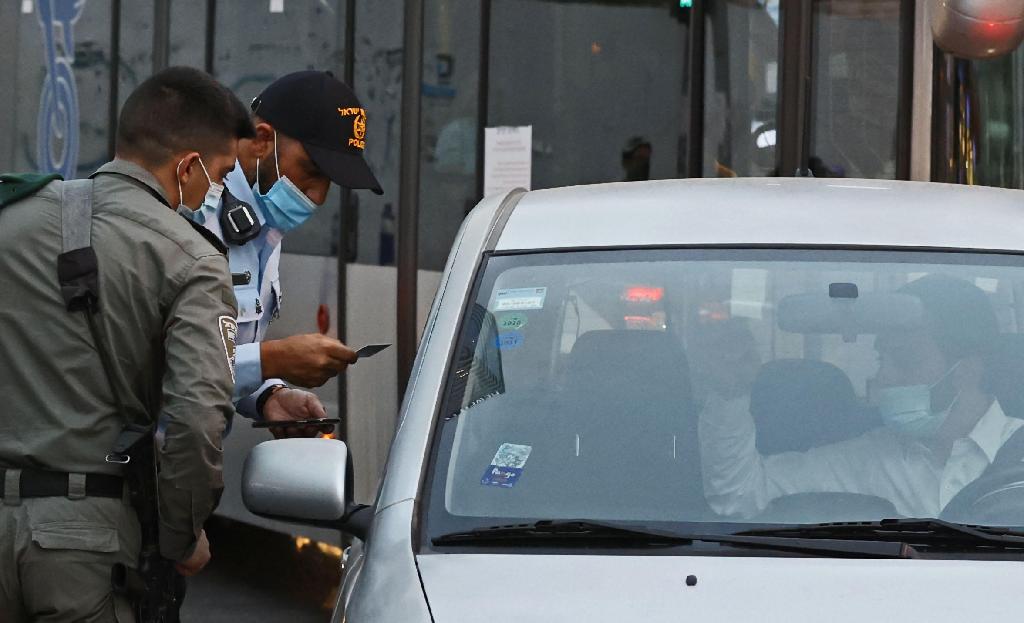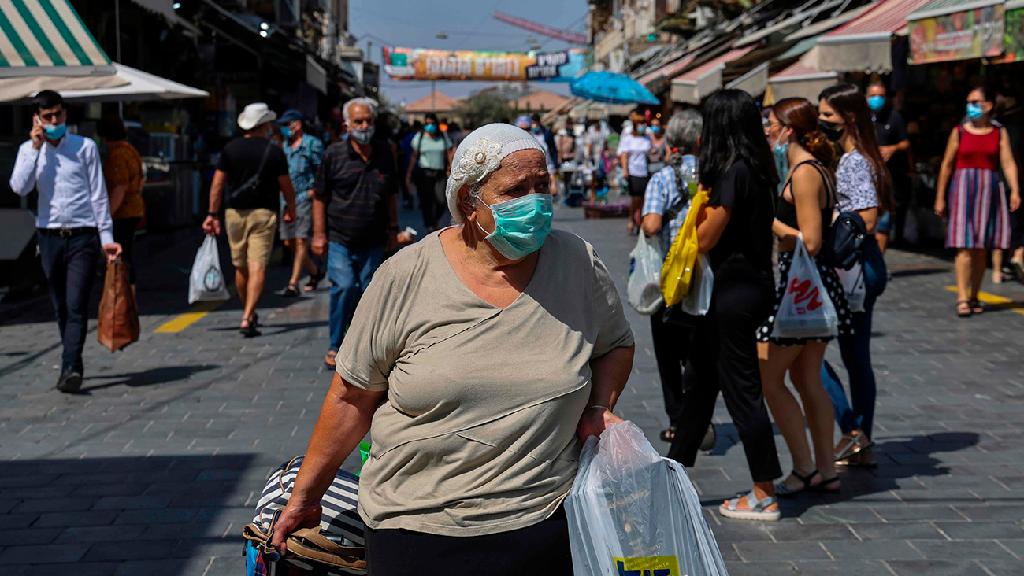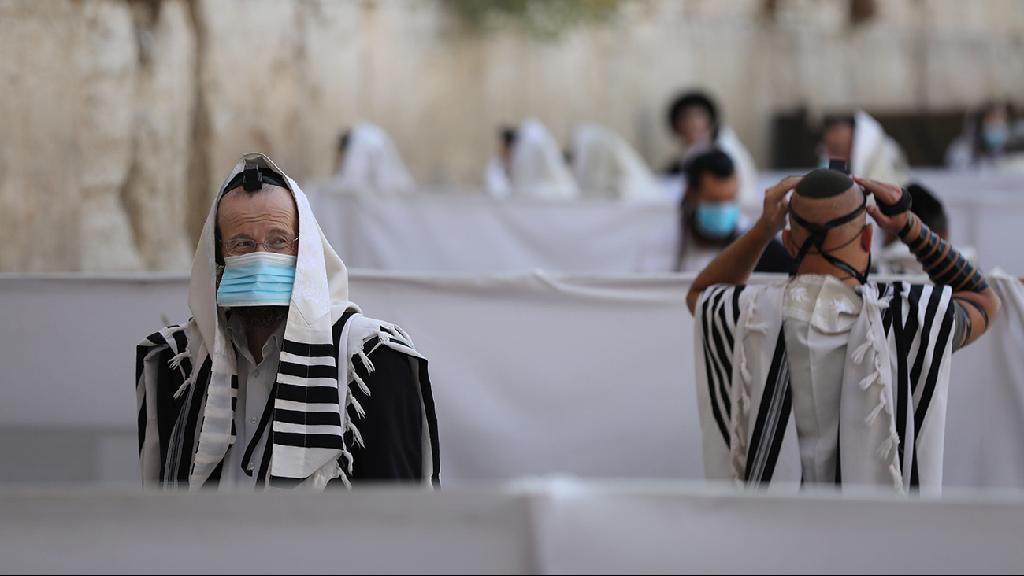Getting your Trinity Audio player ready...
The Health Ministry on Tuesday published its final list of restrictions for the coming nationwide lockdown, which includes the closure of all "non-essential" businesses, except for synagogues that will be allowed to remain open under health guidelines.
Israeli government last week voted to impose another nationwide lockdown to combat the rapid spread of coronavirus, with the closure set to go into effect on Friday at 4pm, on the eve of the holiday of Rosh Hashanah, and last for at least three weeks.
The ministry stressed, however, the guidelines are subject to the approval of the government and the Knesset and may change accordingly.
According to the Health Ministry, starting Friday, workplaces that usually allow public reception will offer services online or via phone.
Businesses in the field of trade, culture and entertainment will be closed, including beaches, swimming pools, gyms and restaurants.
Food stands at marketplaces, such as Mahane Yehuda Market in Jerusalem or The Carmel Market in Tel Aviv will remain open, unlike in the previous lockdown when the markets had been ordered shut.
The education system will also be shuttered, with the exception of special needs education and boarding schools. Gatherings will be limited to 10 people in confined spaces and 20 people in open spaces.
In addition, movement will be restricted to 500 meters from home. The exception includes going out to purchase groceries, medicine, receive essential services and medical treatments. Essential workers will be allowed to move freely to and from their placed of employment.
The public will also be allowed to leave their homes to attend funerals, demonstrations, legal proceedings, to transfer a child from one parent to another (if they live separately) and perform the ritual of "mikveh".
Synagogues, however, will be allowed to remain open during Rosh Hashanah and Yom Kippur.
Prayers in open spaces will be permitted with up to 20 worshipers, with social distancing rules applied, while in confined spaces up to 10 people will be allowed to pray.




